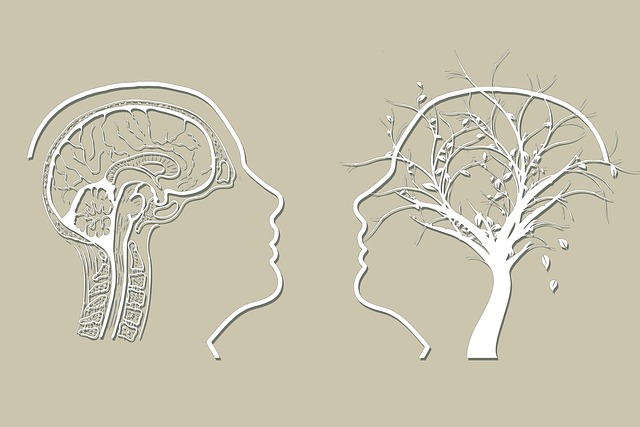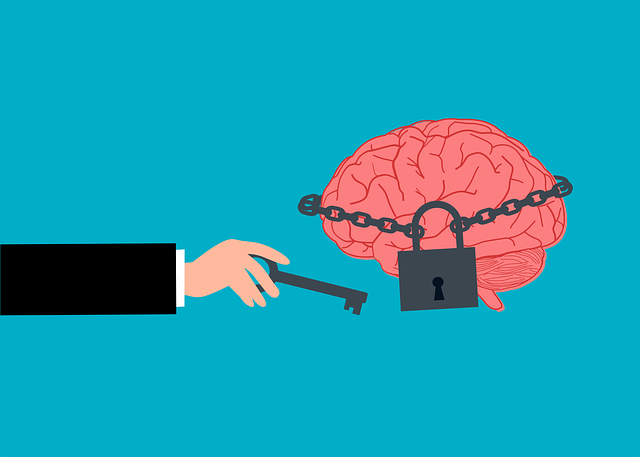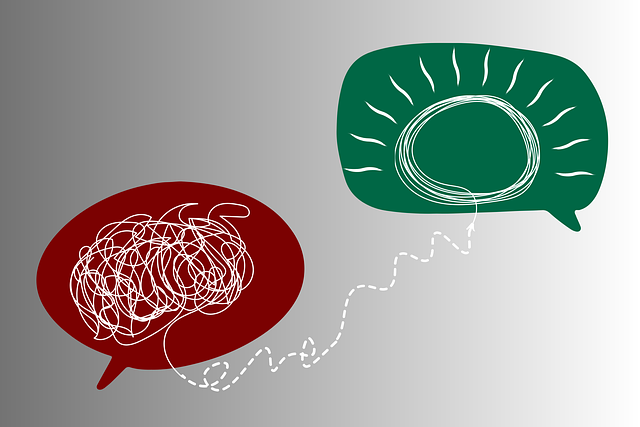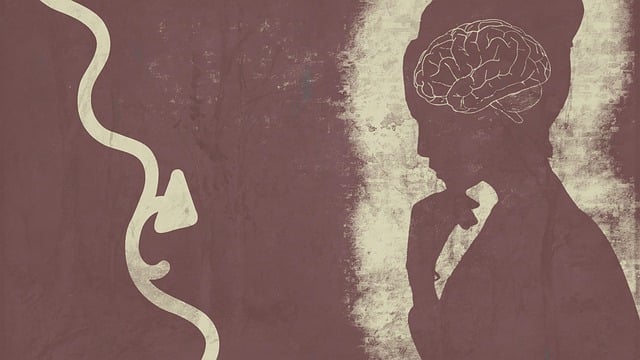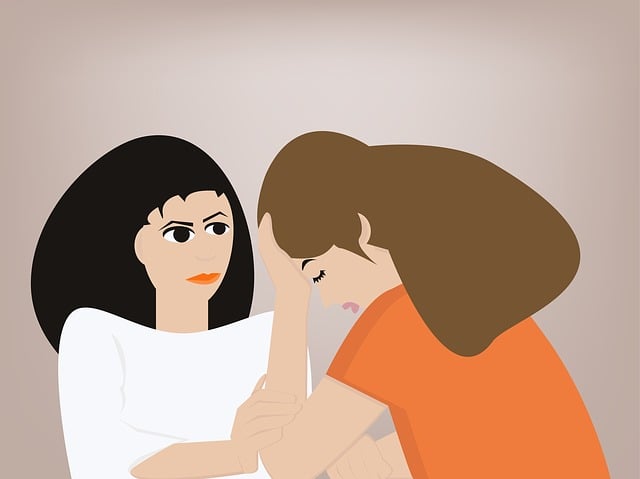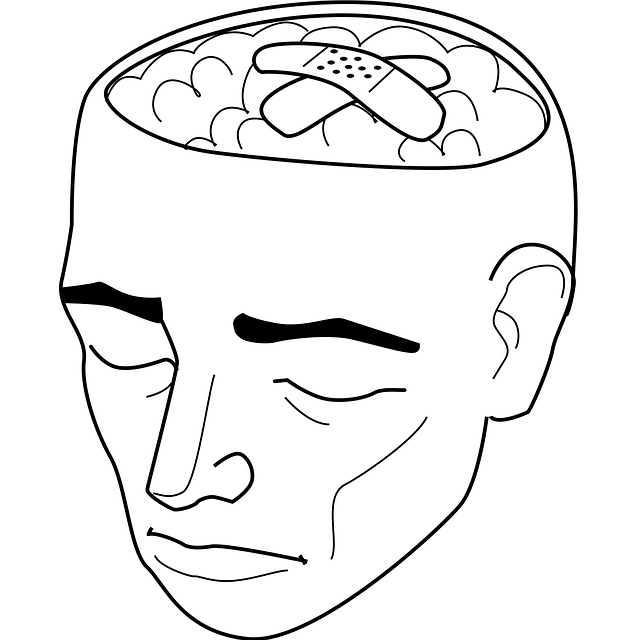Mental wellness apps, like Lone Tree International Adoptions Therapy (LTIAT), have gained global popularity, addressing diverse user needs. Effective app development requires cultural sensitivity and localized interventions due to varying mental health challenges. A user-friendly interface, integrating evidence-based therapies, is crucial for LTIAT apps to enhance accessibility and positive user experiences. Privacy and security are paramount; robust encryption, secure storage, ethical guidelines, algorithmic fairness, and compliance with regulations like GDPR or CCPA are essential to protect user data while providing effective therapeutic solutions.
In today’s digital age, mental wellness apps offer a promising avenue for global therapeutic support. This article explores the development of such applications, focusing on key considerations for international adoption. We delve into understanding diverse mental health needs and customizing solutions, with a spotlight on Lone Tree International Adoptions Therapy as an evidence-based approach. Additionally, privacy, security, and ethical frameworks are discussed to ensure responsible app creation, addressing growing global demands for accessible mental healthcare.
- Understanding Mental Health Needs and Customizing App Solutions for Global Users
- Designing a User-Friendly Interface and Integrating Evidence-Based Therapies for Effective Lone Tree International Adoptions Therapy
- Privacy, Security, and Ethical Considerations in Developing Therapeutic Apps: A Comprehensive Framework
Understanding Mental Health Needs and Customizing App Solutions for Global Users

Mental wellness apps have gained significant traction globally, catering to diverse user needs and preferences. Understanding mental health is a crucial first step in developing effective solutions. Every individual faces unique challenges, influenced by cultural backgrounds, personal experiences, and societal factors. For instance, what works for stress management in urban, Western settings might differ from rural or traditional communities worldwide.
Lone Tree International Adoptions Therapy highlights the importance of tailoring mental health interventions to diverse user bases. This involves not only localization but also incorporating culturally sensitive practices. Public Awareness Campaigns Development and Healthcare Provider Cultural Competency Training are essential strategies to foster inclusive app design. By addressing these aspects, developers can ensure their apps resonate with users from various cultural and geographical backgrounds, promoting better mental wellness outcomes.
Designing a User-Friendly Interface and Integrating Evidence-Based Therapies for Effective Lone Tree International Adoptions Therapy

A user-friendly interface is paramount for any mental wellness app, especially when aiming to provide accessible Lone Tree International Adoptions Therapy (LTIAT) solutions. The design should be intuitive and simple, allowing users to navigate effortlessly and engage with the app’s features. Visual clarity, consistent layouts, and easy-to-understand icons contribute to a positive user experience, encouraging consistent use. This is crucial for LTIAT apps as they often cater to individuals dealing with various mental health challenges, where simplicity can significantly impact their interaction and, consequently, their therapy outcomes.
Integrating evidence-based therapies into the app ensures its effectiveness in delivering LTIAT. Techniques such as cognitive-behavioral therapy (CBT) modules for emotional regulation, mindfulness exercises to reduce mental illness stigma reduction efforts, and positive thinking prompts have been proven beneficial. By incorporating these strategies seamlessly into the app’s interface, users can access therapeutic tools on-the-go, fostering a more holistic approach to mental wellness. Such integration not only empowers individuals but also provides a discrete and convenient way to manage mental health, making LTIAT accessible to a broader global audience.
Privacy, Security, and Ethical Considerations in Developing Therapeutic Apps: A Comprehensive Framework

In the realm of mental wellness app development, privacy, security, and ethical considerations are paramount. As apps like Lone Tree International Adoptions Therapy gain traction for their therapeutic benefits, such as Burnout Prevention and Confidence Boosting, they also become targets for data breaches and misuse. Developers must implement robust encryption protocols and secure storage methods to safeguard user information, ensuring that personal details and sensitive data remain confidential.
Beyond security, ethical guidelines are essential. Apps offering Trauma Support Services, for instance, should be designed with cultural sensitivity and transparency. Informed consent, data minimization, and user control over their data are fundamental principles. Developers must also ensure algorithmic fairness, avoiding biases that could exacerbate existing mental health disparities. Regular audits and compliance with global privacy regulations, such as GDPR or CCPA, are crucial steps to establish a comprehensive framework that protects users while delivering effective therapeutic solutions.
Mental wellness apps have the potential to revolutionize access to therapy worldwide, particularly through innovative approaches like the Lone Tree International Adoptions Therapy. However, developers must navigate complex ethical and security landscape, ensuring user privacy and data protection while integrating evidence-based practices. By understanding diverse mental health needs globally and designing intuitive interfaces, we can create effective, user-friendly apps that make therapeutic support accessible to all.

